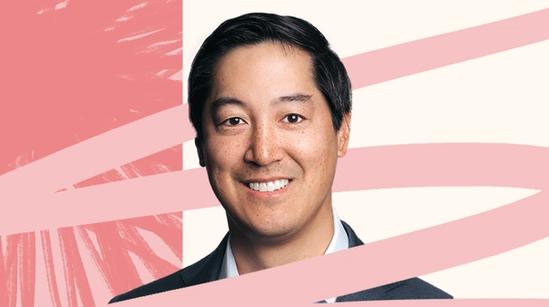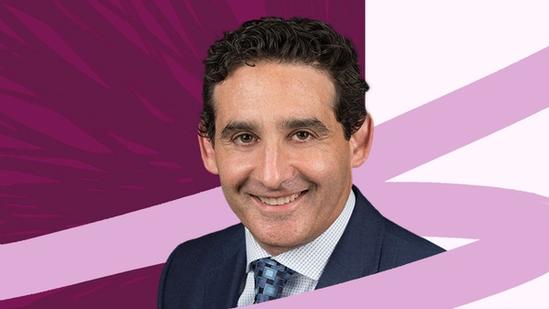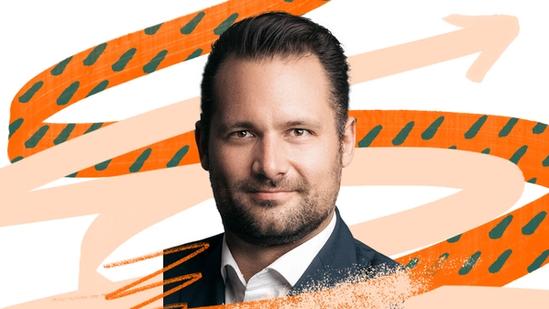Suzanne Donohoe: An International Perspective In Private Equity Can Lead To Better Results


Suzanne Donohoe, EQT Chief Commercial Officer, reflects on the value of global expertise
To lead in private markets today, private equity firms need more than just savvy dealmaking or backing the right trends.
Bain projects that assets under management in alternatives will grow at a compound annual rate of almost nine percent, reaching up to $59tn by 2032, a significant leap from $9tn in 2013. With this influx of capital, managers must focus on delivering both lasting returns and true value creation – or “alpha” – in private markets.
While 68 percent of the world’s 300 biggest private equity firms are based in the United States, relying solely on US-based general partners (GPs) can limit exposure to diverse perspectives that are crucial for navigating the global challenges and opportunities of the current market.
Why Diversity of Thought Matters
While it may be tempting to retreat to domestic markets in this environment of increasing political and trade isolationism, capital will always flow to the ideas providing the most reward for the least risk. And now, more than ever in our interconnected world, an international viewpoint brings distinct advantages that can unlock better investment outcomes.
EQT’s locals-with-locals model – leveraging regional expertise, business relationships, and local deal flow – has been key to our success. With a global presence across 32 US offices and 36 international locations in 28 countries, we combine local knowledge with cultural understanding and deep sector expertise, giving us a competitive edge in the private markets.
Numerous studies have shown that different perspectives can fuel creativity in identifying winning investment strategies. Research from Italy found that increasing the number of outsiders on a board sparked innovation. Similarly, the UK’s Financial Reporting Council reported that gender-diverse boards outperform when it comes to financial performance.
The private equity industry has come a long way in the last few decades. While progress has been slow, boards and investment committees increasingly understand that diversity isn’t just about innovation—it’s about mitigating groupthink. When everyone converges on the same ideas, the opportunity to close the gap disappears.
True Value Creation
Many non-US asset managers have long integrated environmental, social, and governance (ESG) principles into their investment strategies. Nordic investors incorporated ESG into their investments as early as the 1960s and countries like Sweden, Finland, and Denmark have consistently ranked highly in sustainability according to Robeco’s Country Sustainability Ranking.
Headquartered in Stockholm, EQT has been focused on responsible investment since our founding 30 years ago. Before sustainability became the buzzword it is today, we were already practicing active ownership and delivering ‘more than capital’.
We acquired pest control company Anticimex in 2012, and have increased its enterprise value by over 25 times by positioning Anticimex as a frontrunner in an increasingly popular sector. During our ownership period, we also identified a clear sustainability angle by reducing chemical use through digitized pest traps and optimized routes as we aim to align environmental impact with financial performance.
Governance, another key ESG pillar, offers unique value-creation opportunities. While having an ownership stake in a company allows for better governance, not all governance models are created equal. Given that private equity firms have historically struggled with diversity, the insular approach of many firms to stack deal team members on portfolio company boards can result in groupthink where operational insights are limited and diverse viewpoints are rare.
“Our governance model is not about simply controlling decisions – it is about fostering the best ideas and enabling portfolio companies to thrive long after our initial investment.”
At EQT, we do the opposite. Recognizing that the best ideas often come from outside, we bring in top global talent to chair our portfolio companies’ boards and work closely with the company CEO and the deal partner. Separating the roles of the CEO and Chair helps ensure balanced and accountable decision-making at the top, as reinforced by the UK Corporate Governance Code that was revised in the 2000s following the Enron and WorldCom scandals.
This approach helps us avoid being limited by our own thinking and ensures our portfolio companies benefit from a wealth of expertise and backgrounds. Our network of 600 advisors across 43 countries provides the diversity of thought that is essential for navigating the current investment landscape.
In an increasingly challenging environment for private equity investors, focusing on thoughtful, strategic value creation will determine success. Our governance model is not about simply controlling decisions – it is about fostering the best ideas and enabling portfolio companies to thrive long after our initial investment.
We have always believed everything can be improved at all times, a defining characteristic of the Nordic tech ecosystem. Sweden, home to Spotify and Klarna, has produced more tech unicorns per capita than any region outside Silicon Valley. Europe’s fastest-growing startups have thrived here as startup valuations doubled in value in the past five years. This innovation culture plays a central role in EQT’s investments where we apply a digital playbook to accelerate growth and efficiency across our portfolio companies.
Building on this commitment to innovation, we also recognized the significance of digital infrastructure early on in our Value Add Infrastructure business. In 2012, we invested in Tampnet, which operates the largest offshore high-capacity communications infrastructure in the North Sea and the Gulf of Mexico. Since then, more than half of the capital from EQT Infrastructure’s third and fourth funds has been invested in digital infrastructure and this sector continues to be a core focus of investment for subsequent infrastructure funds.
A Distinct Advantage
While U.S. firms continue to dominate the private equity landscape, non-U.S. GPs bring something different to the table. By tapping into sustainability, governance, and digitalization, these firms can still produce high returns while leaving a positive impact on their communities.
As the industry evolves, it is clear that leaving portfolio companies in a much better place than when we acquired them isn’t just a goal – it’s our responsibility.
Ultimately, it’s always about being more than capital.
Suzanne joined EQT in 2023 as Chief Commercial Officer and Global Head of EQT-Ext (CXO). In addition to Capital Raising & Client Relations, the new Platform “EQT-Ext” includes the firm’s Sustainability, Business Development, and Communications functions. Suzanne is a member of the Executive Committee and the Board. Before joining EQT, Suzanne was a partner at KKR and a partner at Goldman Sachs. She has also been involved in various philanthropic projects, including serving as Board Member for the Nature Conservancy and also serving on the Board of Fertile Hope. Currently, her main charitable focus is serving Georgetown University as the Vice Chair of its Board of Directors.
ThinQ is the must-bookmark publication for the thinking investor.






